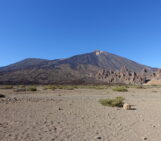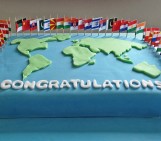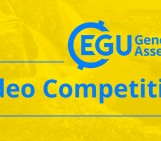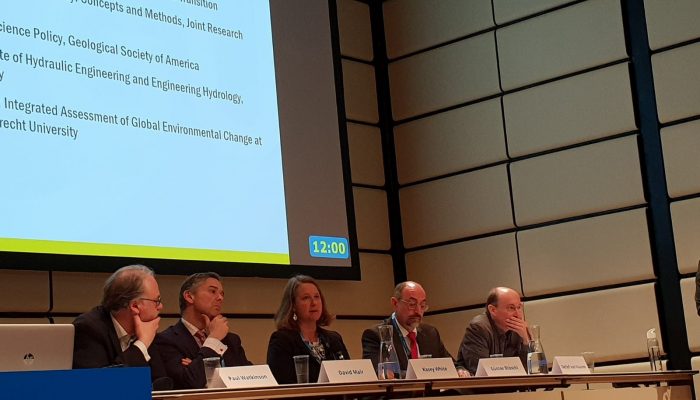
Should scientists actively approach policymakers in order to guide their decision-making processes, or is it the policymakers’ responsibility to seek scientific advice? In the first of the Great Debates at this year’s European Geosciences Union General Assembly in Vienna a mixed panel of policymakers and geoscientists tried to answer who should be responsible for making sure that science was used in policymaking and identify the main challenges for bringing the two worlds together.
After debate moderator Sarah Connors, a senior science officer at the IPCC, provided an introduction into the session, the first to give their opinions were the science-oriented audience. Through a live poll conducted at the beginning of the session, 142 people representing more than 55% of the audience voted that policymakers are responsible for ensuring that science is used in policymaking. Only one third of the attendees voted in the opposite direction.
The panellists agreed that this is not a black-and-white debate. “It’s a two-way communication path,” said Kasey White, Director for Geoscience Policy at the Geological Society of America. Günter Blöschl, Head of the Institute of Hydraulic Engineering and Engineering Hydrology at Vienna University of Technology compared scientists and policymakers to businesses and consumers: “there are very clear incentives on both sides.”
According to Blöschl, scientists should not be issue advocates but honest brokers: they should “expand the scope of choices without having a special interest in promoting a single one.”
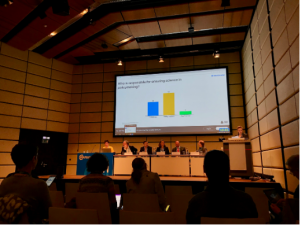
A majority of the audience believes policymakers are responsible for ensuring science in their policies. Credit: Maria Rubal Thomsen
Detlef van Vuuren, Professor in integrated assessment of global environmental change at the Faculty of Geosciences, Utrecht University, developed this idea further: scientists who want to play the honest broker role must be impartial, informative and policy-relevant. They have to be aware of world views and be dialogue-oriented.
David Mair, Head of Unit at the European Commission Research Centre, had a slightly different opinion, believing that scientists shouldn’t take for granted that everyone agrees that public policy should be informed by scientific evidence. There are plenty of actors in the world who think differently, so scientists need to argue this on the basis of values.
“Other values are out there competing, so we each have to champion what we believe in,” said Mair.
A challenging dialogue
Bridging the realms of policymaking and science requires effective dialogue between the two communities, a challenging endeavor due to the “disconnection between the languages of social and physical sciences,” said Paul Watkinson, Chair of the Subsidiary Body for Scientific and Technological Advice (SBSTA) and the Counsellor to the Director for European and International Affairs of the French Ministry for Ecological and Inclusive Transition.
“Language is different, terms are unknown between the two communities,” added White.
Language is not the only obstacle. To van Vuuren, scientists do not only need to speak clearer, but they also have to speak more and speak louder.
Moreover, policymakers need results from an interdisciplinary approach that include not only physical and natural sciences but also a humanistic perspective. Scientists, on the other hand, tend to fragment research and specialise in very specific topics that are easier to control. This results in a mismatch between demand and supply of science.
Another difference between the two fields is the timescales they consider: while science says “more research is necessary” policymakers think “something must be done now,” even if the requisite knowledge is not yet available. Blöschl explained that aiming for long-term solutions instead of short-term patches in a four-year electoral term framework can completely change the course of decision-making processes.
To establish a stronger relationship between scientists and policymakers, both sides need to revise their processes and implement changes. For instance, a number of the panellists suggested rethinking the training of policymakers and introducing incentives in the scientific career path to motivate scientists to engage in communication and outreach activities.
If you would like to see the session in full please click here to webstream the exciting debate.
By Maria Rubal Thomsen, EGU Press Assistant

